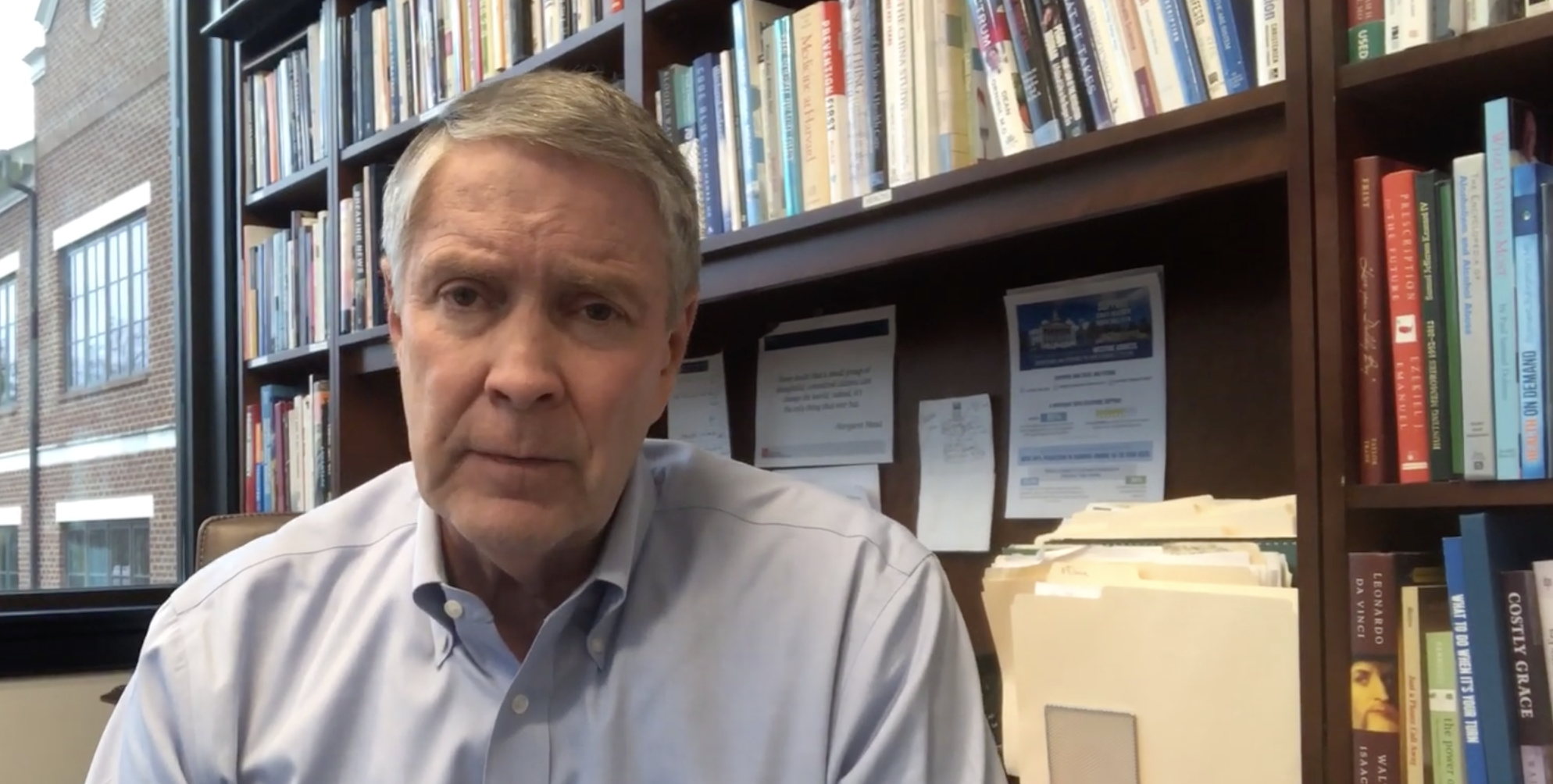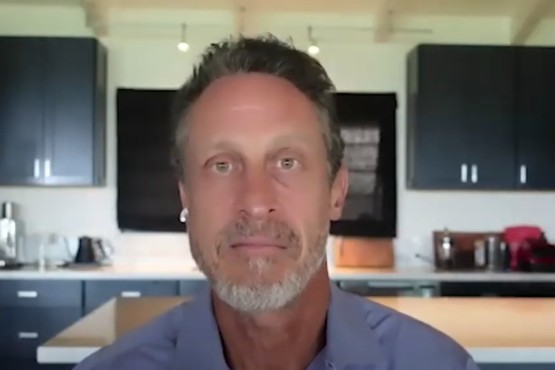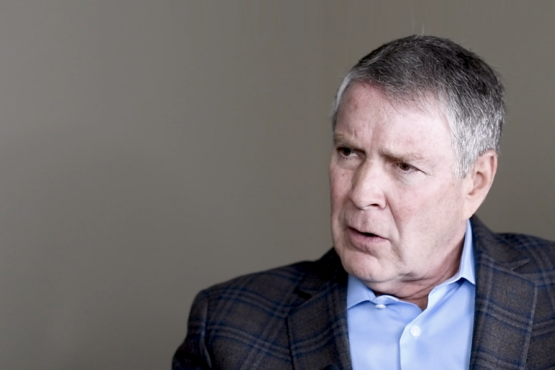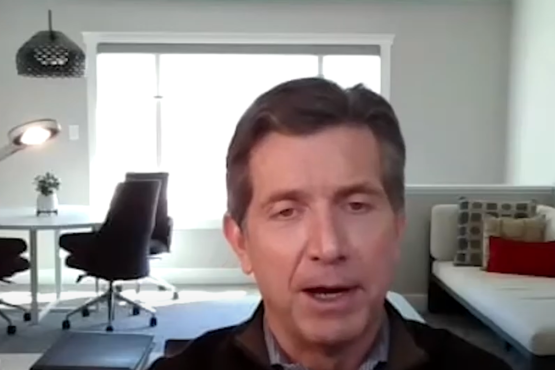Senator Frist answers some of your most asked questions about COVID-19 (coronavirus).
What does it mean that WHO called this a pandemic?
For a novel infectious disease like COVID-19, a pandemic is declared by the WHO when it has judged that community spread, which is when individuals in a community become infected but do not know how or from where, is occurring in a large range of countries across the globe.
What are the symptoms of COVID-19?
Fever, fatigue, dry cough, muscle soreness, and shortness of breath, in that order of likelihood based on studies from China, have all been reported in patients who have tested positive for the virus. For most people, cold-like symptoms will occur and will resolve generally in one week.
How do we reconcile a personal low risk of serious illness with the needs of society?
The CDC tells us there will be many more cases in the weeks ahead. For most, this will result in minimal disruption to health and only some disruption to daily routine. But we must protect the healthcare system so it can care for the sickest people. By social distancing, conscious physical separation from others, and the cancellation of non-essential gatherings of people, we can prevent the spread of the virus to those who are susceptible, such as the elderly and those with chronic health conditions. And this will allow doctors and hospitals to successfully take care of those who are critically ill.
Are kids at risk? If not, why close schools?
Based on the experience from China and around the world, children seem to be remarkably resilient to this virus. They typically only have mild symptoms of the common cold. In fact, it is not clear that a single death has occurred globally under the age of ten. This may be due to their common exposure to other strains of the coronavirus family. However, children can be carriers of the infection and schools provide the prime opportunity for the virus to be disseminated widely. And children bring the virus back in their homes to infect their parents, grandparents, and siblings. Closing schools is an important part of a social distancing strategy.
What choices should older populations be making?
Those over 60 years of age, those with chronic medical conditions, those who may be immunosuppressed, or those who may be pregnant should be particularly careful with social contact, limiting at this time to only the essential. Those with loved ones or contacts in nursing homes or retirement communities should strictly limit their visits.
Exclusive COVID-19 Conversations from Chinese Physicians on the Ground
Submit your email below to access extended and exclusive content around this COVID-19 discussion. This conversation was recorded On Friday, March 13th, and we had the unique opportunity to hear directly from the leading physicians on the ground in China, spearheading the response to COVID-19.
To access this conversation and content, enter your email in the form below and you will be redirected to this exclusive conversation:
Hear more on the 2019 novel coronavirus pandemic and the recommended steps to keep you and your family safe with our continuing COVID-19 series:






